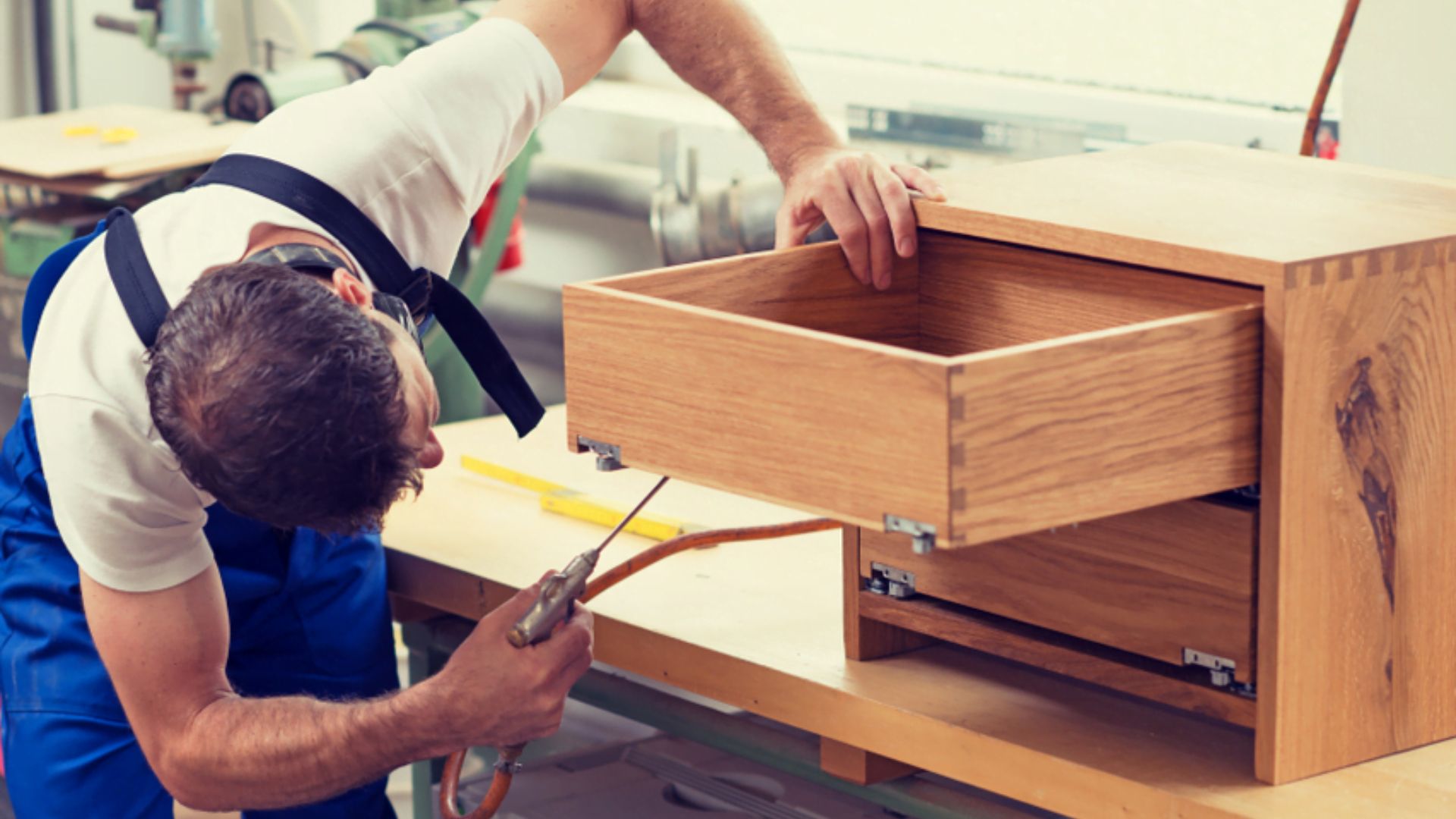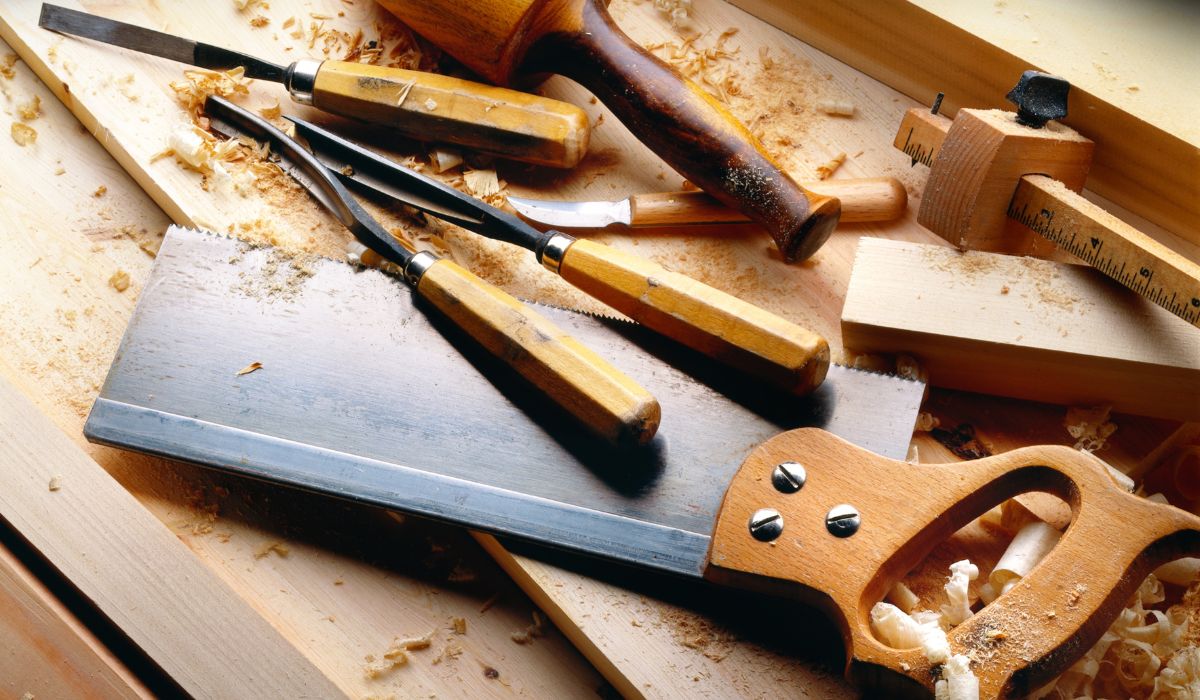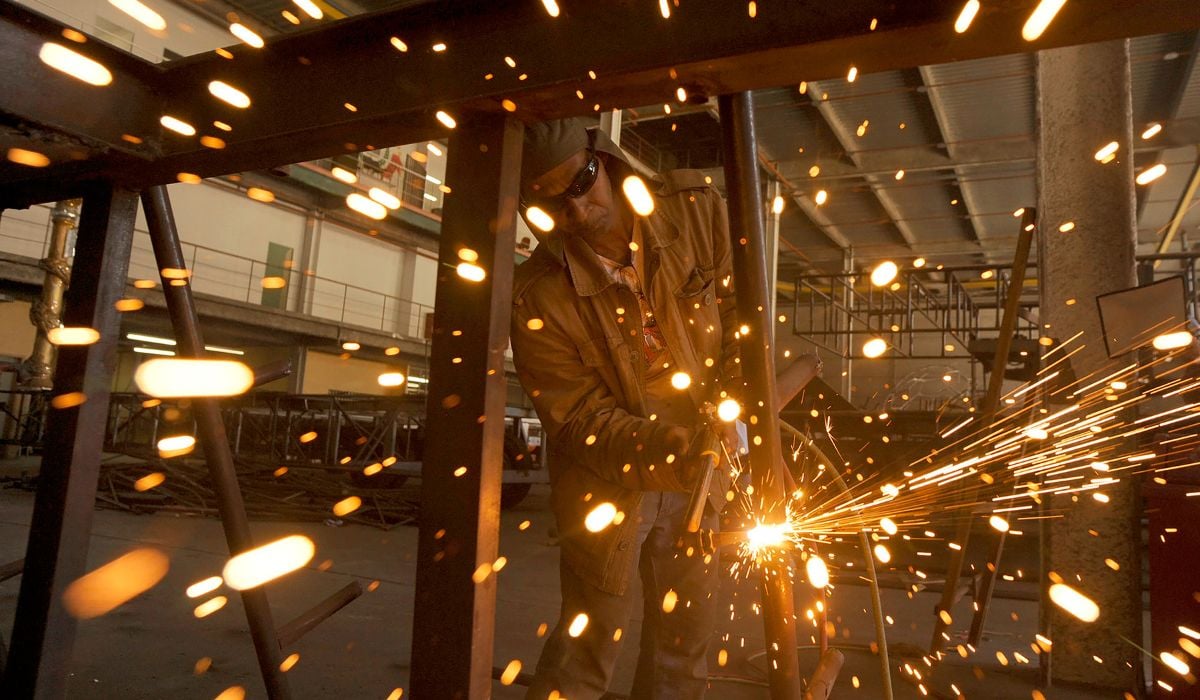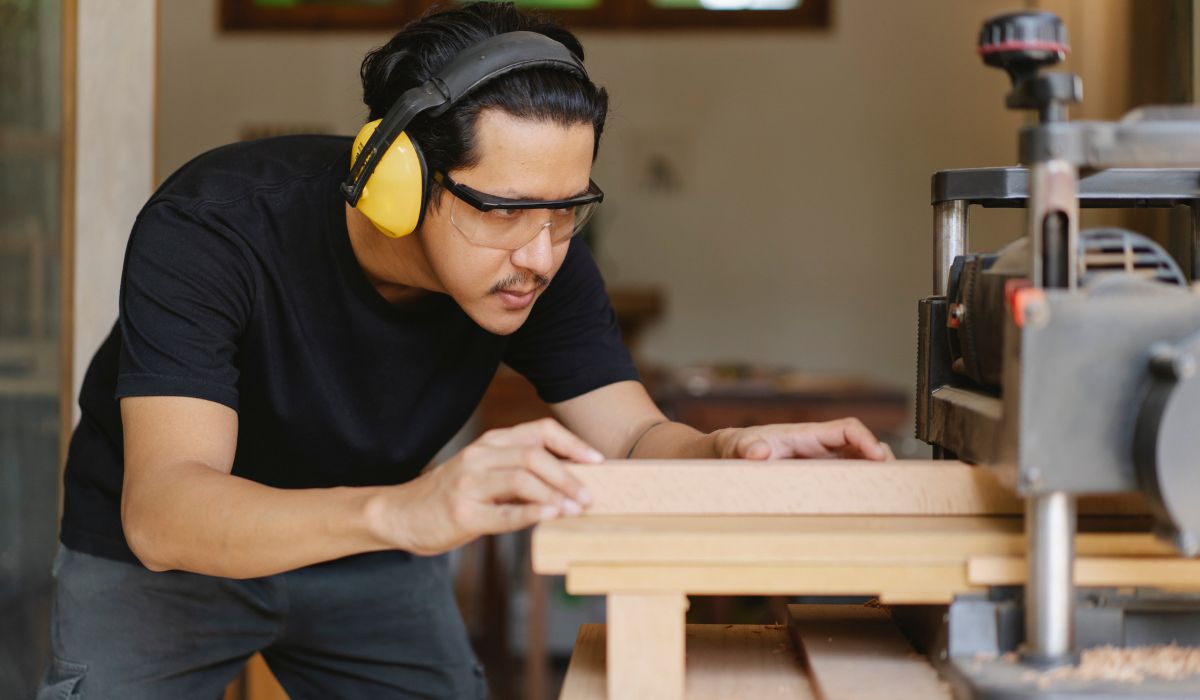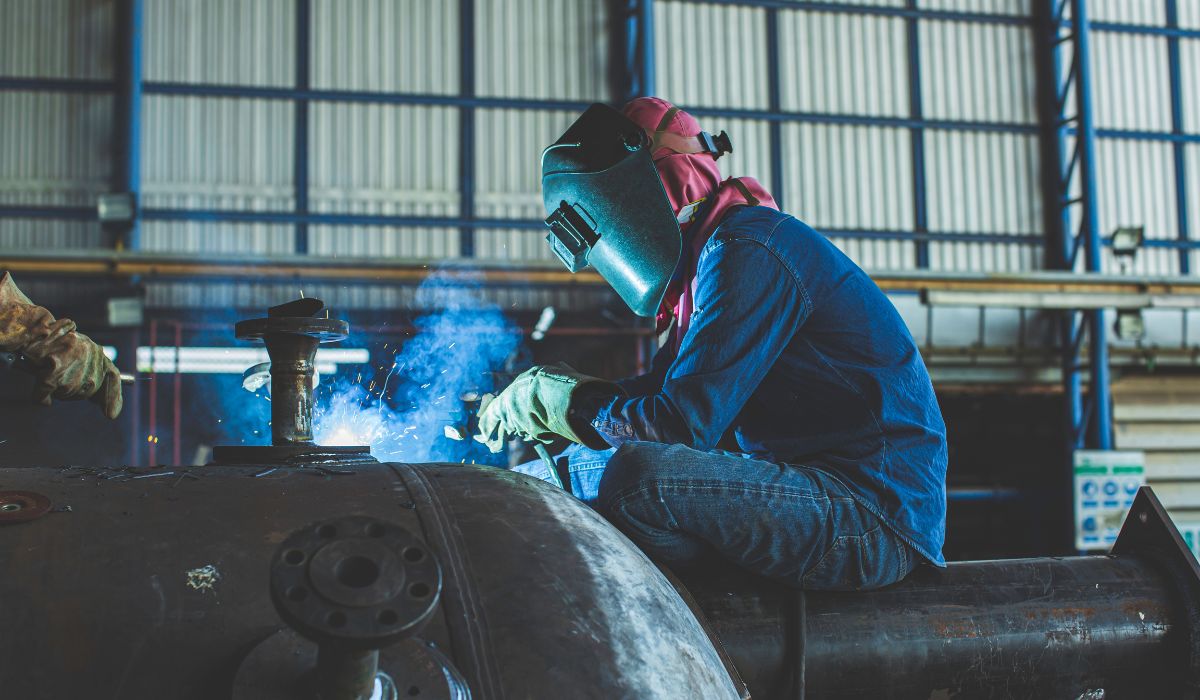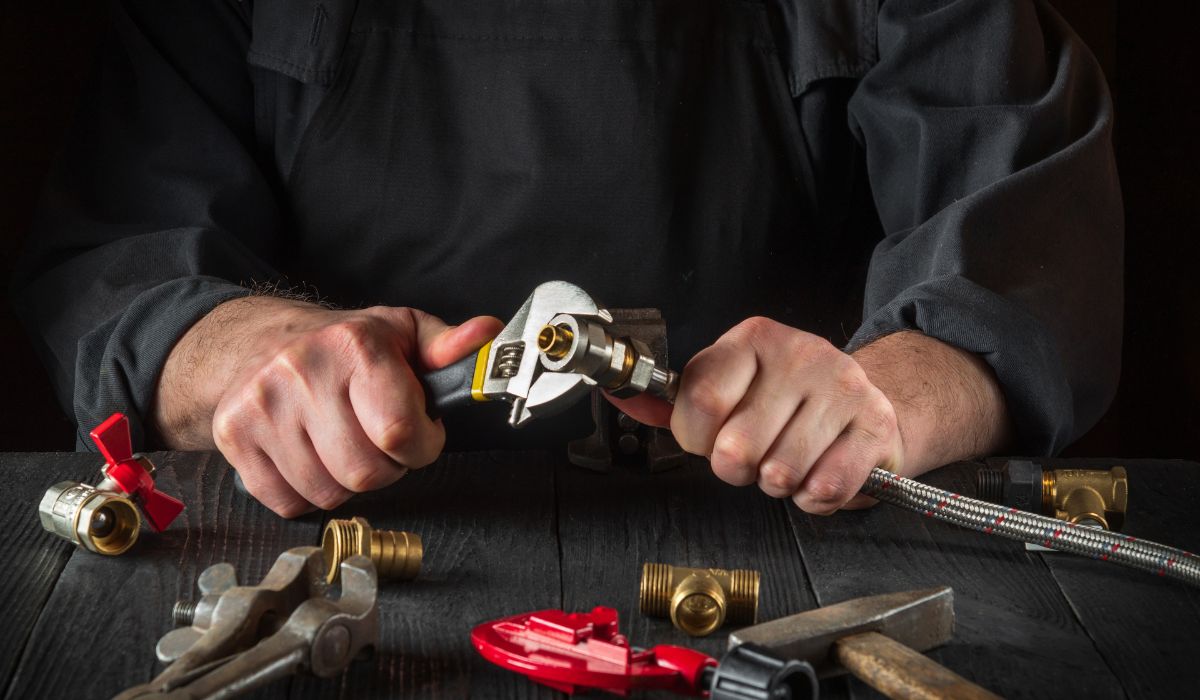Occupation description
A metal fabricator is a skilled tradesperson who specializes in creating metal structures and components. Their work involves various tasks, including:
- Read and interpret blueprints, technical drawings, and specifications.
- Measure, cut, and shape metal materials using tools and machinery such as saws, shears, and CNC machines.
- Assemble metal parts by welding, bolting, riveting, or using other fastening methods.
- Operate and maintain fabrication equipment and machinery.
- Inspect and test completed metal products to ensure they meet quality standards and specifications.
- Repair and modify existing metal structures and components.
- Follow safety protocols and adhere to industry standards and regulations.
How will I be assessed?
The path to becoming a certified Metal Fabricator involves demonstrating your metalworking expertise through a comprehensive assessment process. Here's what you might encounter:
1. Documentation Review:
This initial stage verifies your eligibility by checking:
- Proof of qualifications (e.g., Certificate III in Fabrication Trade or relevant apprenticeship papers)
- Work experience records demonstrating practical experience in metal fabrication tasks.
2. Knowledge Assessment:
This section tests your understanding of metalworking principles, fabrication techniques, and safety procedures. Expect:
- Written exams: Covering topics like metal properties, blueprint reading, cutting and shaping techniques (e.g., flame cutting, sawing), welding processes, and safe work practices in a metal workshop.
- Computer-based assessments: Interactive simulations or scenario-based questions might test your problem-solving skills in planning and executing metal fabrication projects.
3. Practical Skills Assessment:
Get ready to showcase your hands-on abilities! Here's what you might be tasked with:
- Interpreting technical drawings: Translate blueprints and cutting lists into clear instructions for fabricating metal components.
- Material selection and preparation: Choose appropriate metal types based on project requirements and demonstrate safe cutting techniques using saws, torches, or other tools.
- Metal cutting and shaping: Utilize different techniques to cut and shape metal pieces according to specifications, ensuring accuracy and proper dimensions.
- Joining techniques demonstration: Perform various joining methods like welding, bolting, or riveting to create strong and durable metal structures.
- Quality Control: Inspect your work for accuracy, dimensional integrity, weld quality (if applicable), and overall finish.
4. Interview (Optional):
Some assessments may include an interview to discuss your experience, approach to tackling metal fabrication challenges, and your commitment to safety in the workshop environment.
Remember:
- The specific assessment format and required skills may vary depending on the chosen assessment body and desired level of certification.
- Some assessments might emphasize specific areas like advanced welding techniques, computer-aided design (CAD) for metal fabrication projects, or working with different metals and joining techniques.
By successfully navigating these assessments, you'll demonstrate your metalworking knowledge, practical skills, and commitment to safety, earning your place as a certified Metal Fabricator and launching a rewarding career in this exciting field!
What skills and knowledge do I need?
The qualification relevant to this occupation is the MEM31922 Certificate III in Engineering – Fabrication Trade.
To be awarded this qualification, you must demonstrate your skills and knowledge in the units of competency listed in the table on page 3. Each unit of competency defines a selection of knowledge and skills required in Australian workplaces.
You must achieve 30 units of competency:
- 12 core units
- 18 elective units
How to Apply

01
Check your eligibility
Before applying, you must meet certain years of experience and/or qualification requirements to successfully pass the skills assessment through TRA/VETASSESS.
02
Assessment Process
At Educube, we specialize in documents and evidence collection processes for you, so it is almost guaranteed that your skills assessment will be successfully approved.
03
Evidence Confirmation
Once our dedicated skills assessment specialists review your paperwork and ensure it meets the highest standards only then we will proceed with your main application.
04
Start your online application
Explore other migration options
FAQs
Didn't find what you needed? Try these
1300 092 997
Call us on above number to get quick solution.
[email protected]
For general queries and questions including partnership opportunities

